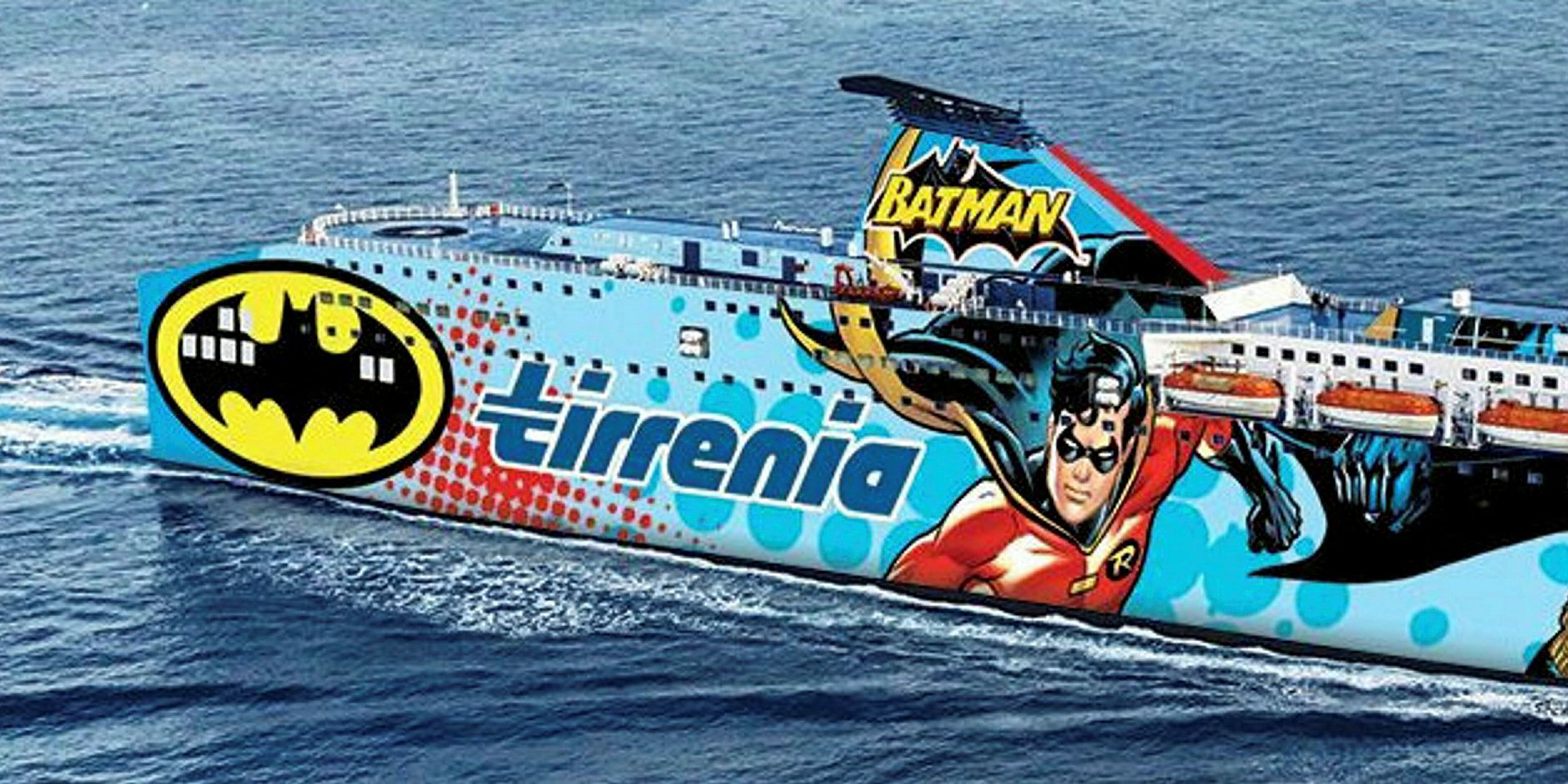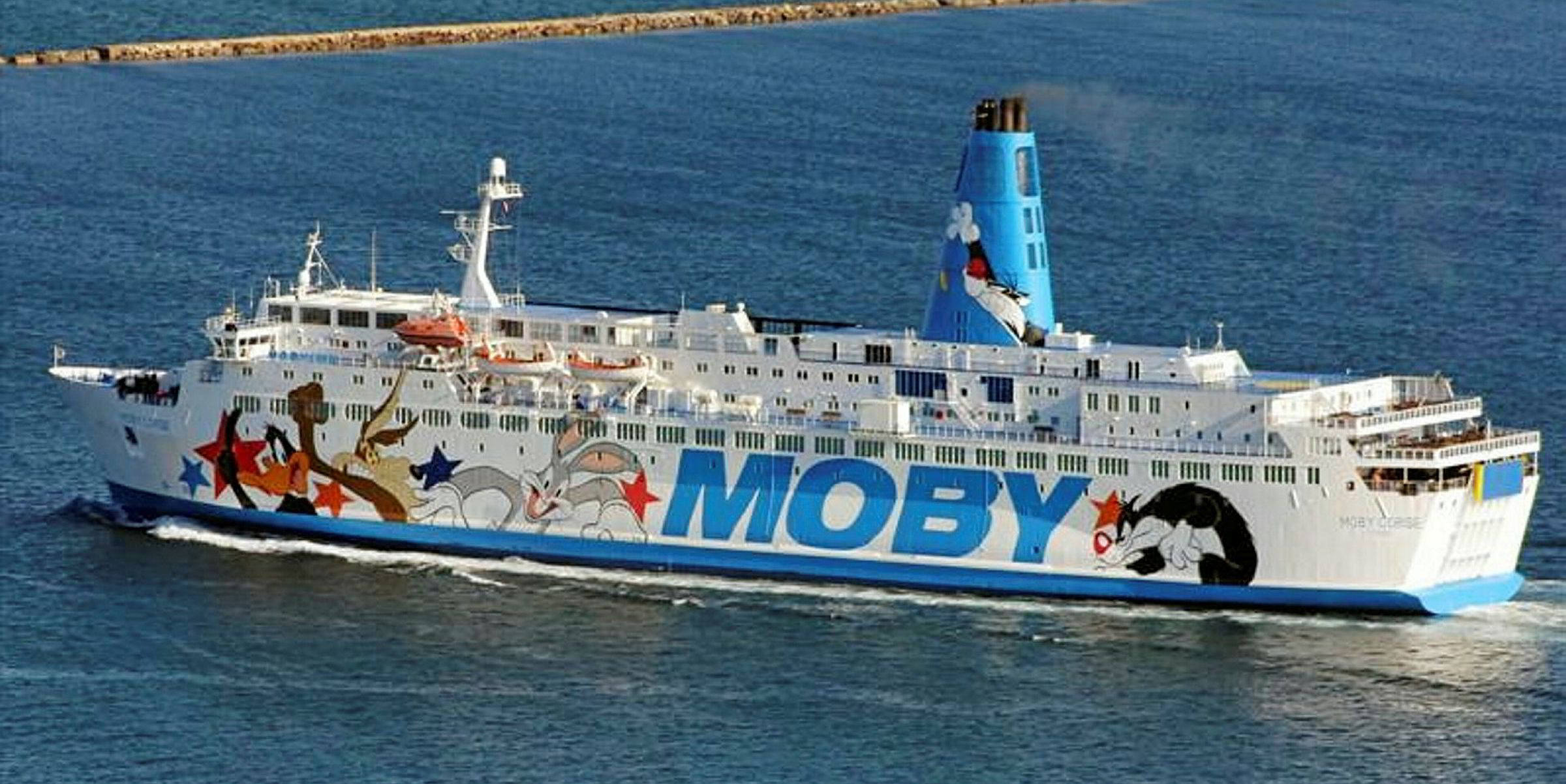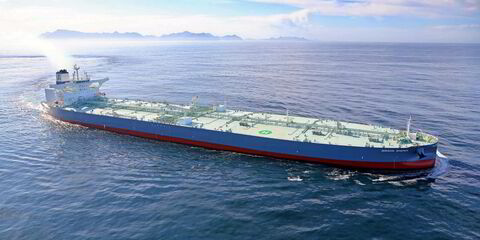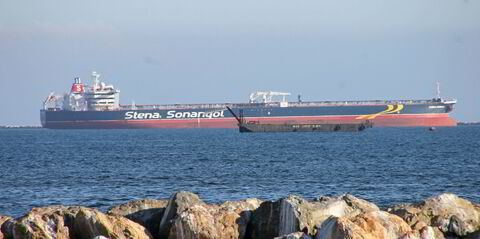The European Commission (EC) has instructed Italy to try to recover €15m ($16.7m) in illegal state granted to ropax company Tirrenia di Navigazione.
A ruling on Monday found that public service compensation granted since 2009 to Tirrenia and later to its 2012 buyer, Vincenzo Onorato's Compagnia Italiana di Navigazione (CIN), was allowable.
But other measures were ruled incompatible with EU state aid rules.
And the EC said: "As the commission has concluded that there is no economic continuity between Tirrenia and its acquirer CIN, recovery of the incompatible aid will be limited to Tirrenia, which is already in liquidation."
The "bad" part of Tirrenia was put into liquidation in 2012, while the remainder trades as Tirrenia-Compagnia Italiana Di Navigazione.
The probe began in 2011 after a series of complaints against the group.
The EC cleared public service compensation of €265m awarded between 2009 and July 2012 as it "addressed a real public service need".
Compensation of €581m granted to CIN for the period from July 2012 until July 2020, as well as the tender procedure for the sale of the Tirrenia business branch to CIN, was also cleared.
Upgrading cash not spent properly
But the "illegal prolongation" of rescue aid to Tirrenia for a year beyond the six months duration originally foreseen was incompatible with state aid guidelines.
Cash earmarked for the upgrading of ships or for liquidity purposes also constituted operating aid to Tirrenia as the company neither repaid those funds to the state nor used them for their original purpose, the EC added.
And exemptions from certain taxes granted to formerly state-owned Tirrenia in the context of its privatisation was also ruled illegal.
In a separate decision, the EC also cleared public service compensation worth more than €1.5bn granted between 1 January 1992 and 31 December 2008 to companies of the former Tirrenia Group: Adriatica, Caremar, Saremar, Siremar and Toremar.
However, €1m of aid granted to Adriatica for the operation of a route to Greece between 1992 and 1994 was ruled incompatible "as at that time Adriatica was involved in a price fixing cartel for the tariffs for commercial vehicles on that specific route."
In January 2014, the EC had also concluded that certain support measures to Saremar were incompatible with EU state aid rules.
EC executive vice-president Margrethe Vestager, in charge of competition policy, said: “Regular and reliable maritime transport services are crucial to meet the mobility needs of the residents of the Italian islands, as well as to contribute to the economic and social development of these regions.
"With these decisions we want to ensure that Italy can continue to provide these services on a regular basis throughout the year, and not only during the peak tourist season in the summer."





